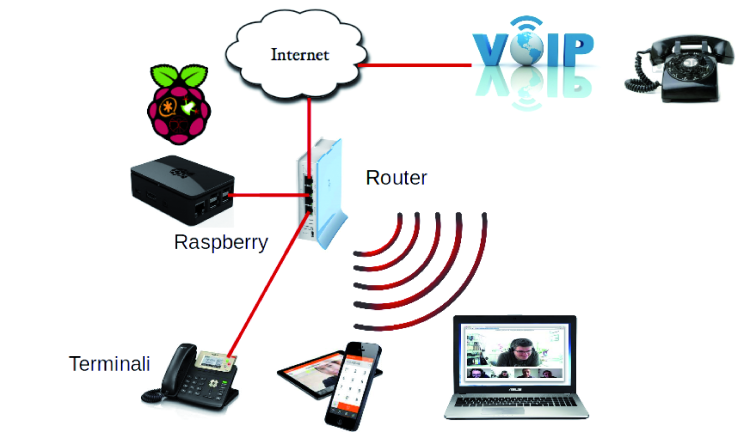

Phone companies like Verizon will phase out ISDN in the U.S.
#Mini sip server upgrade
And so a SIP trunk and a phone system upgrade in the near future is going to be inevitable. The big telecom providers are fast phasing out the old PSTN functionality, and are moving customers to IP. Telephony is moving from PSTN to much more modern and flexible SIP trunks. The trusted old Public Switched Telephone Network (PSTN), with its analogue lines, ISDN BRI, E1 or t1 lines, is to disappear. SIP was developed by the IETF and published as RFC 3261, and its flexibility has allowed it to replace almost completely the H.323 protocol in the VoIP world. Once this exchange of setup messages is completed, the media is exchanged using yet another protocol, typically RTP (Real-Time Transmission Protocol). SDP (Session Description Protocol) will define the type of media channels that will be established for the session – typically this will declare which codecs are available, and how the media engines can reach each other over an IP network. Encapsulated inside the SIP messages we can sometimes also see an SDP declaration. The SIP messages describe the identity of the participants in a call, and how the participants can be reached over an IP network. The Session Description Protocol (or SDP) controls which of the protocols is used. The actual data transmission is done by the Transmission Control Protocol (TCP) or the User Datagram Protocol (UDP) on layer 5 of the OSI model. The messages are text-based, and the request-response mechanism makes for easier troubleshooting. The SIP protocol is text-based, and bears significant resemblance to the HTTP protocol. The fact that SIP is an open standard has sparked enormous interest in the telephony market, and manufacturers shipping SIP-based phones have seen tremendous growth in this sector.

It has found its major use in the world of IP telephony. SIP (Session Initiation Protocol) is a signalling protocol used to establish a session between 2 or more participants, modify that session, and eventually terminate that session.


 0 kommentar(er)
0 kommentar(er)
